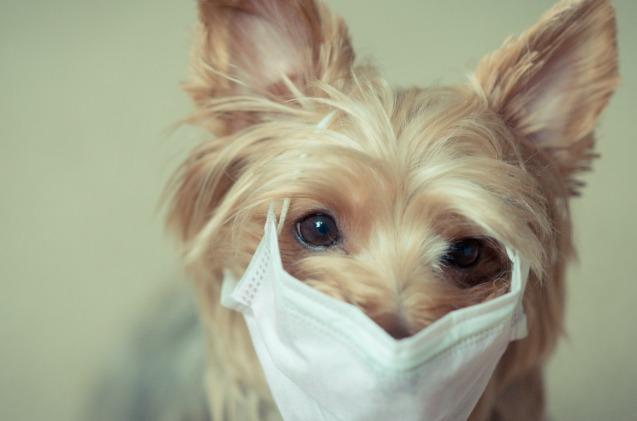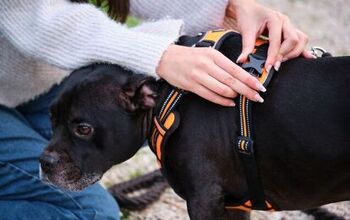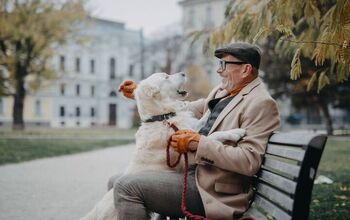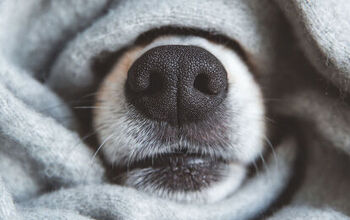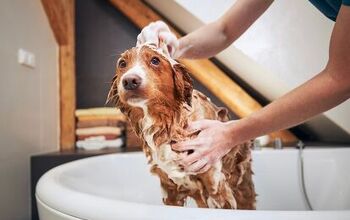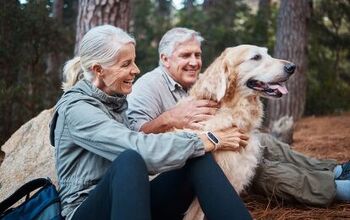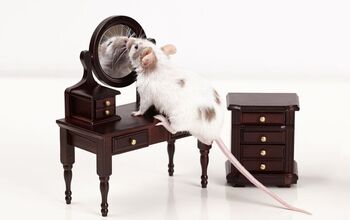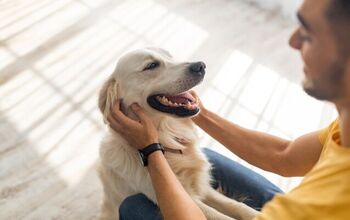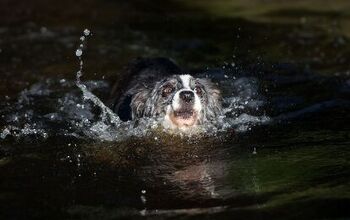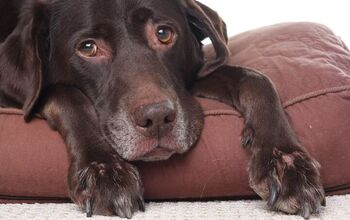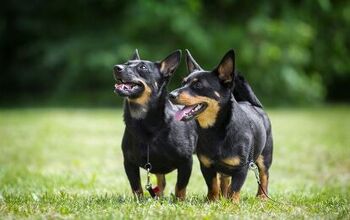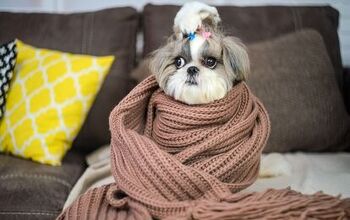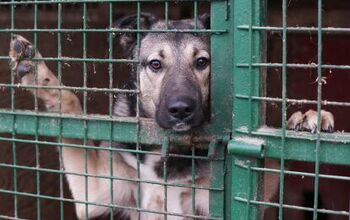Can Dogs Catch Coronavirus?

In a few words, at this point, scientists and veterinarians do not believe that dogs can catch Coronavirus (COVID-19).
While the World Health Organization today recognized the Coronavirus as with the potential to become a global pandemic, it also recognized that this is the first in history that we actually can control.
Coronaviruses are a large family of viruses that may cause illness in animals or humans. In humans, several coronaviruses are known to cause respiratory infections ranging from the common cold to more severe diseases such as Middle East Respiratory Syndrome (MERS) and Severe Acute Respiratory Syndrome (SARS). The most recently discovered Coronavirus causes coronavirus disease COVID-19.
According to WHO Director-General Dr. Tedros Adhanom Ghebreyesus, though of epidemic proportions, the Coronavirus outbreak is of an uneven proportion.
That unevenness doesn’t stop many of us from worrying about the unknown, and particularly when it comes to our pets. While we consider them furry family members, the reality is their biological makeup is different than ours, and not knowing how the Coronavirus could affect them could be scary.
It doesn’t need to be, though.
According to Dr. Jerry Klein, AKC Chief Veterinary Officer, it’s important to remember this is a specific strain of a common Coronavirus that came from the Wuhan District of China. Coronaviruses are part of a large family of viruses that can cause respiratory infections that mirror the common cold or can be as severe as SARS (Severe Acute Respiratory Syndrome) in humans. They can cause illness in animals as well, but as of this time, Dr. Klein said there is absolutely no evidence that a single dog or cat has been infected by the Coronavirus. He says the good answer to this question is, “No, at least not yet.”
He also reminds us that viruses do mutate, and it’s not unusual for dogs or cats to get forms of coronaviruses that bring mild symptoms and are typically species-specific.
You may have heard some reports from the Government of Hong Kong recently, sharing that a dog had tested as a ‘weak positive’ for COVID-19. The dog had nasal and oral cavity samples taken and those samples from the dog showed the presence of genetic material from the Coronavirus.
Maria Van Kerkhove is a technical consultant with the World Health Organization and addressed the dog’s positive at a news conference last week. Calling it only one example, she said the case would need more study.
Still, the dog did not show any clinical signs of the disease, nor did another dog who was quarantined for possible contamination. It’s also important to remember that the Coronavirus can be maintained for a long time and the testing is very sensitive. Even though the dog showed weak genetic evidence, there’s no testing yet that would determine if the virus was live, or only small parts of possibly inactivated virus.
Is there a vaccine for COVID-19 for pets?
No, there is currently no vaccine for the current COVID-19 strain for people or for pets. Puppies are often vaccinated for a different coronavirus (Canine Coronavirus), but not this specific strain.
Can you test your dog for Coronavirus?
Yes, in some places, you can. But testing for this strain for dogs is not currently standard, and most often will be found at Colleges of Veterinary Medicine. Beginning March 15, it’s expected more local veterinarians will have access to the test for COVID-19 in pets.
If I am diagnosed with COVID-19, can my dog catch Coronavirus from me?
Again, the WHO and AKC do not believe that your dog is at risk for catching COVID-19, even if you are diagnosed with it.
That said, if you snuggle and love on your dog (who doesn’t?) and are infected yourself, you run the risk of leaving the virus on your pet. This means that the virus ON your pet could become a source of other family members getting the virus. That’s why the CDC recommends that if you are infected, you restrict your contact with other people and with your pets. Don’t share food with them, let them kiss or lick you, or snuggle with them. We know, tough orders, but for the protection of all. If you do have that interaction, wash your hands, and it’s not a bad idea for another family member/friend/groomer to give your dog a few baths during your infection period.
Should my dog wear a face mask, just in case?
No. Again, the risk for your dog catching COVID-19 is negligible, and if you make your dog wear a face mask, you may cause breathing difficulties for him or her. It will not protect your pet from disease transmission, and may only act as a conduit for carrying it and spreading to other humans.
Dr. Klein says now is not the time to worry about your dog catching the Coronavirus. It’s important to be concerned as the situation evolves, but more, we need to be sure we’re not negligent in the day-to-day care that is required to keep your pets protected from distemper, canine flu and more. He says taking proper precautions against coming in contact with the virus is important, as well as is good hygiene for both you and your family members. Furry ones included. Most importantly, we believe the words of WHO General-Director Dr.Ghebreyesus to be important. He says we need to let our hope in controlling the virus be the antidote to fear, and our shared humanity be the antidote to our shared threat. Vigilance and diligence without panic are key.

More by Lori Ennis



